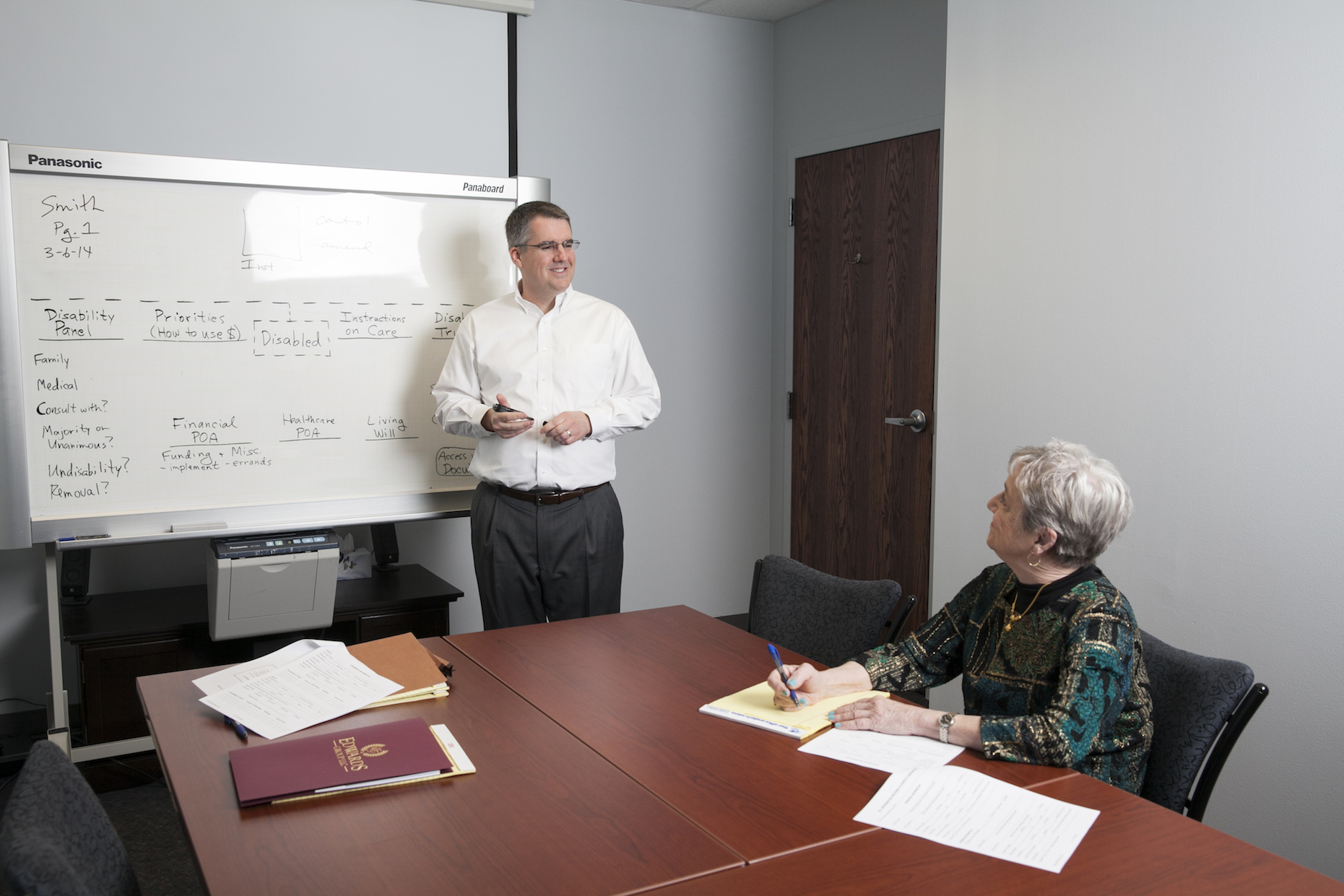In a previous post, we talked about a growing segment of people who are aging alone without the help of their adult children (either because they don’t have children or their children live very far away). These seniors face unique challenges in their 70’s and 80’s. To read about those four challenges, click here. With proper planning, guided by an experienced elder law attorney who has faced these issues many times before, you can achieve peace of mind and have a plan in place if you do not have close family nearby.
7 Steps Every Senior Should Take if Aging Alone
1. Make a plan while you are still sharp (physically and mentally).
A study by the National Institutes of Health found decreased cognition and decision-making impairment begin around the age of 60. Research has also shown that the ability to make sound investment decisions sharply declines at 70. Because of this, it’s important to plan ahead.
2. Make sure your plan is a comprehensive plan and not just a will.
An effective Life Care Plan should include documents like Powers of Attorney (for health and finances), advanced directives for end of life medical issues, etc. It should also address questions such as how will you pay for long-term care, how do you want care decisions to be made, and do you want to stay at home if at all possible?
3. Set up structures to protect yourself.
With the help of an experienced elder law attorney, you should anticipate future issues and how you want them handled. (For instance, if you don’t have kids, consider a professional helper such as an attorney, CPA or bank to handle your finances.)
4. Be open to changing your living arrangements.
If you’re willing to alter your living arrangements earlier on, then you’ll be able to make changes on your own terms, deciding what’s most important to you. If you wait until crisis strikes, others may have to dictate where you go, or your medical issues may dictate where you have to live.
If you start to become isolated in your house, having difficulty taking medicine or eating properly, there needs to be a fail-safe in place so that you don’t suffer and linger too long in the house on your own.
5. Create a plan with ongoing maintenance.
In the last few decades of life things can change rapidly. That’s why a plan with ongoing maintenance is especially helpful. Crafting a flexible plan, through an attorney you trust, insures that adjustments can be made as circumstances change.
6. Gather a list of contacts who can help you.
Identify what tasks you need help with (cooking, cleaning, yard work, etc.) and then match the tasks with people (friends, neighbors, nieces, nephews, church members) who might be able to help you with those specific jobs.
7. Find local resources to help.
There are several good resources that can help seniors, or their distant children, get the help they need.
- Illinois Department on Aging 1-800-252-8966
- Area Agency on Aging 1-800-252-8966 (Here’s a more detailed listing for Sangamon County)
- Senior Services of Central Illinois 217-528-4035
Aging is not something any of us wants to think about, but by thinking and planning ahead, you can save yourself a lot of grief, stress, dignity and money.
If you are facing the prospect of aging alone and are concerned that you don’t have an adequate plan in place, don’t hesitate to give our Elder Care Advisors a call at 217-726-9200. We are always happy to help in anyway that we can!

